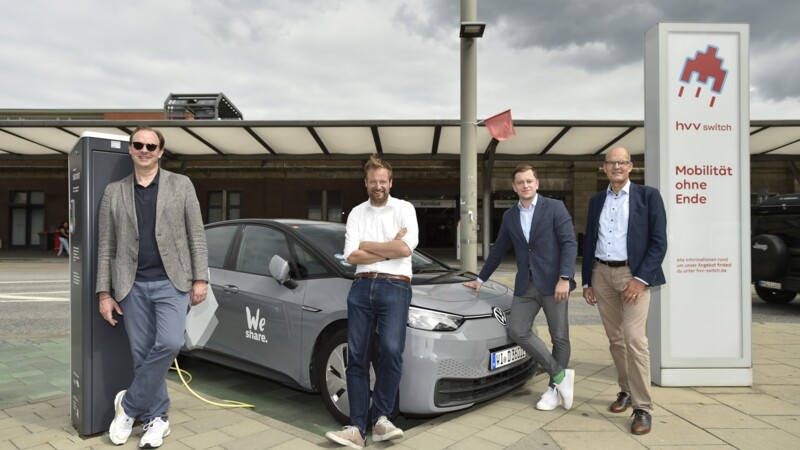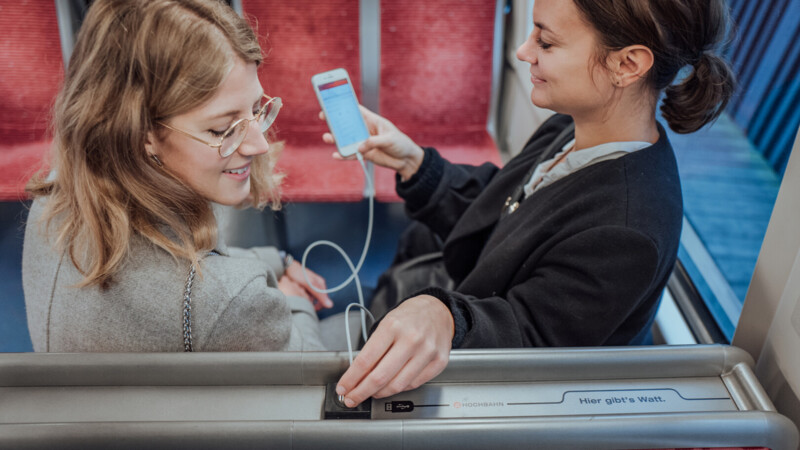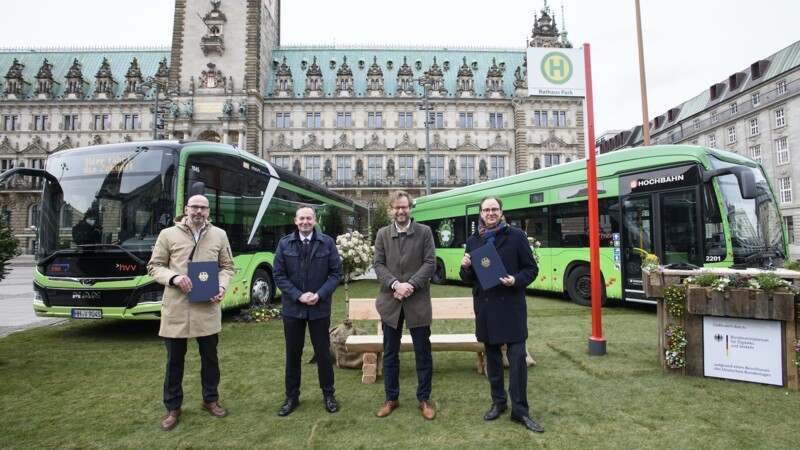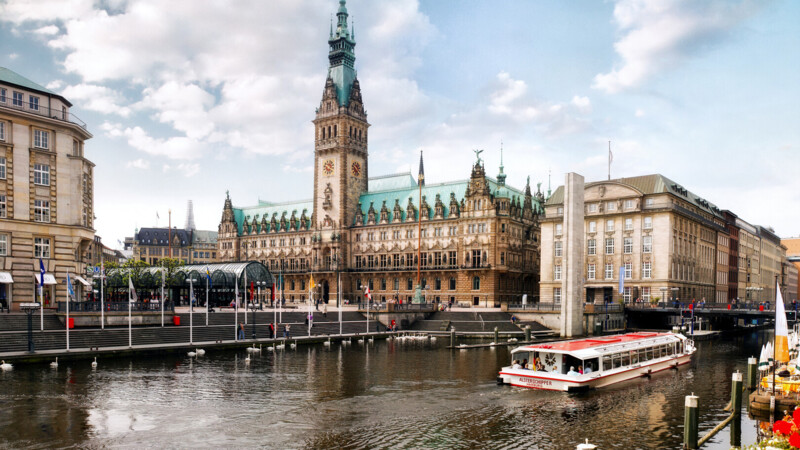"Changed driving is crucial to sustainable and climate-friendly transport against the backdrop of the mobilty transiotion," said Anjes Tjarks, Senator for Transport. Bus and rail transport in Hamburg should be emission-free by 2030, he added. Henrik Falk, CEO of Hamburger Hochbahn, noted: "We are expanding the supply of the required charging infrastructure for car-sharing services at the same time." More than 200 HVV Switch points and charging points are to be set up by 2024, he added. The use of these charging stations will be free of charge for emission-free vehicles in future.
The City of Hamburg, Hamburger Hochbahn and the car-sharing providers Miles, Share Now, Sixt and Weshare have announced plans for increased electric transport by 2024 and have formed a strategic partnership to this end, a press release said Wednesday (October 5, 2022). Under the plans, the car-sharing providers will raise the share of electric vehicles in their fleets to at least 80 per cent by January 1, 2024 while the City of Hamburg and Hochbahn will expand the charging infrastructure and parking facilities in return.
200 HVV Switch points by 2024
Expansion of charging stations and parking facilities
The City of Hamburg is now aiming to set up 600 public charging points by 2024 and will reduce the envisaged share of the electric fleet, if the target cannot be achieved. Plans have also been announced to increase the maximum parking time and link it to the charging time at e-charging points. Car sharing providers have all welcomed these goals and have vowed to continue working on the conversion to zero-emission drives after 2024. The partners will come together twice a year to discuss their progress and other issues.
nj/pb
Sources and further information
More
Similar articles

WeShare e-car provider now available in HVV's Switch

Hochbahn driving forward digitialisation of transport and mobility

EUR 160 million in German government funds for electro mobility
